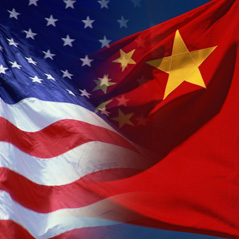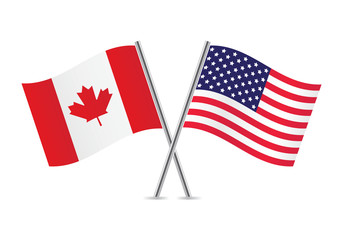Many people wonder why the Iranian people did not take advantage of the pummeling of the regime to rise up. It’s complicated.
We are very fortunate to live in countries where citizens are not blindfolded and hustled into a van, never to be seen again. The worst we have for the moment can be found in England, where half of a local police force might descend on some pensioner for the sin of saying that he does not like anti-England Muslim protests. After three hours of checking which medications the old codger needs to take with him to the slammer, our dynamic police gently escort their villain off to the pokey.
I admit that I am not privy to the details of Israel’s bombing campaign over Iran. During the 12 days of war, there were many images and videos showing billowing black or white smoke in Tehran or elsewhere in the country. I have no idea if these images showed incredible destruction of government assets or the complete annihilation of a rice factory. I have no doubt that Israel did a lot of damage to Iran and its fever dream of killing every Jew in the world. Over time, more information will come out. Was the terrorocracy damaged enough to hasten its downfall? I don’t know but I doubt it.
Neither Israel nor the United States claimed that regime change was a primary goal of their fighting. Israel stated that it wished to end Iran’s nuclear and ballistic missile threats. Israel had feared 5,000 dead from rocket attacks, and a friend of a son said that he had seen endless stacks of wooden coffins which, thank God, were never used. The number of missiles per salvo dropped quickly and usually had fewer than 10, as Israeli warplanes destroyed missiles, launchers, officers, and missile factories and infrastructure. Donald Trump put the slam dunk on the nuclear sites with the B-2 and Tomahawk attack. Each country feels that it has accomplished its goals—and a wee bit more. Both would have enjoyed seeing the mullahs fall, but neither put into play ground activities directed towards such a goal.
While the Americans and Israelis did not get a revolution started—though it may come later if the government teeters—the Iranian people woke up the day after the war to a terrified and terrorizing leadership. I have little doubt that many people will be rounded up, quickly tried, and very publicly executed. Communications and activities will be analyzed in order to pick out potential collaborators or wishers of bad luck to the mullahs and their henchmen. Everybody outside of Iran wanted the Islamic Republic to fall and mutate into something more pro-Western and less belligerent.
While I do not pretend to understand the internal dynamics of the Iranian people or their feelings towards what they want after the mullahs are in Moscow, I have a sense that the Iranian people are somewhat behind the 8 Ball. The late Shah’s son made no little effort to promote himself as being ready to take the reins of the soon-to-be post-mullah country. He said that he was in touch with police and military officials who wanted to change sides and that the Iranian people were ready for an uprising. While I am sure that Reza Pahlavi is a genuine lover of Iran and a good person to boot, insurrections need to be spontaneous more than planned. What if there are many Iranians who remember the brutality of Pahlavi’s father and are not interested in the son being the future ruler of Iran? Sure, they want to get rid of the ruthless modesty police, but they’re not willing to take a chance of losing life and limb for the return of someone they don’t want. Again, I don’t understand Iranian politics, so maybe 90 percent of the anti-mullah crowd love him. Maybe. But just maybe a lot of them want change but they don’t want him as their change. His larger-than-life presence online and in the press (“The Trump administration is in touch with him!”) may simply have turned off people who otherwise might have risked overthrowing the government. If some lefty Israeli politician who spent his whole life living it up in Europe asked me to overthrow Bibi’s government so that he can come home on his private jet and take over, I would take a hard pass.
When one looks at the dramatic downfall of Assad Jr. in Syria, it does not seem that al-Julani was preordained to become the new head of the country, even if he led the biggest faction of fighters. He led a group that fought and fought some more, and in joining forces with others, he found himself at the top of the heap. I don’t know if he would survive a democratic vote in Syria, but I know that his path to power did not involve sitting outside of the country, telling the locals what to do, and then parachuting in when the time was right. Leaders are often forged on the ground. Eisenhower catapulted over dozens of higher-ranking officers to become Allied Supreme Commander, which was a great audition for becoming president.
I truly wish the Iranian people only good. Bibi Netanyahu and the Israeli forces did everything possible to prevent the death of civilians: they avoided targets in civilian areas and/or gave notification to move prior to attacks. Bibi spoke warmly on the formerly close relations between Iran and Israel and stated repeatedly that Israel does not want to hurt Iranians, with whom Israelis have only positive opinions. No one can make a coup in Iran other than the Iranian people. And I know that the various branches of the Iranian government will be ruthless in preventing the people from rising up against their violent rule. The people have to decide if they want to continue with the Shah’s family as their leaders. If they don’t then they should make it clear that they want new leadership forged from the fight ahead.


















